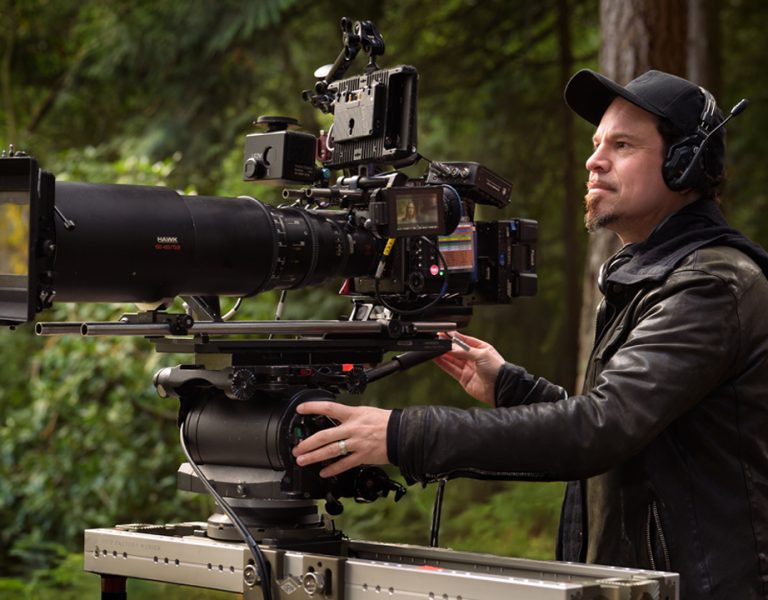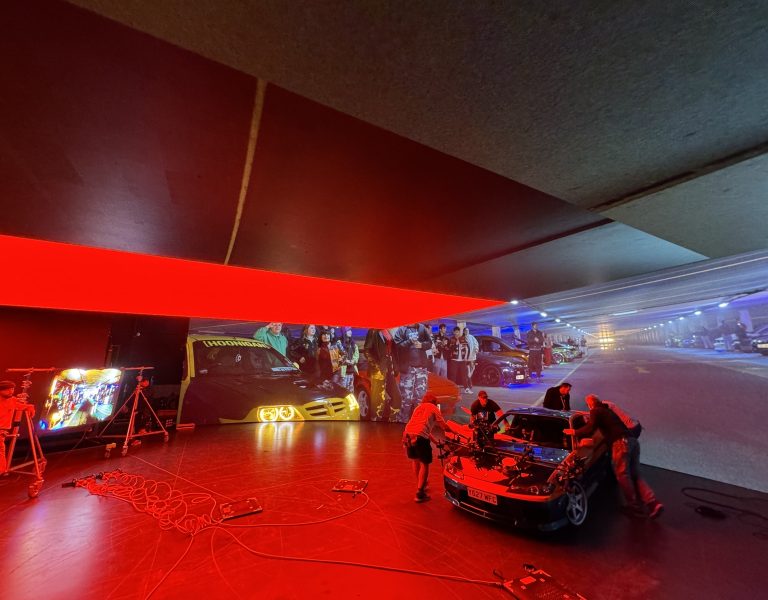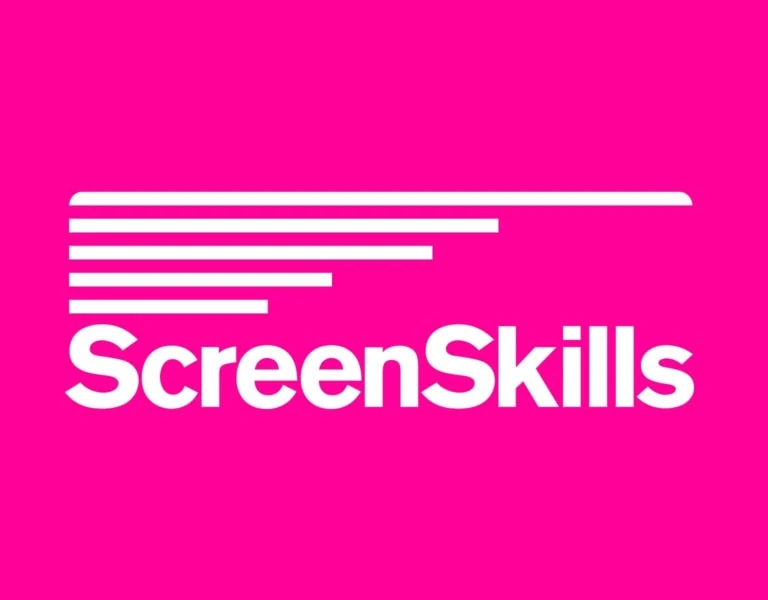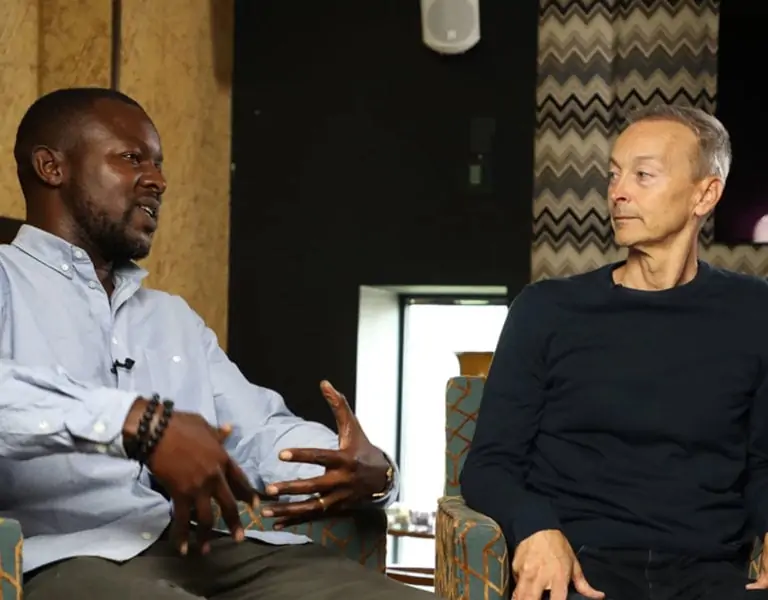ScreenSkills release new report that makes recommendations to make animation more accessible for disabled talent
Feb 24, 2022
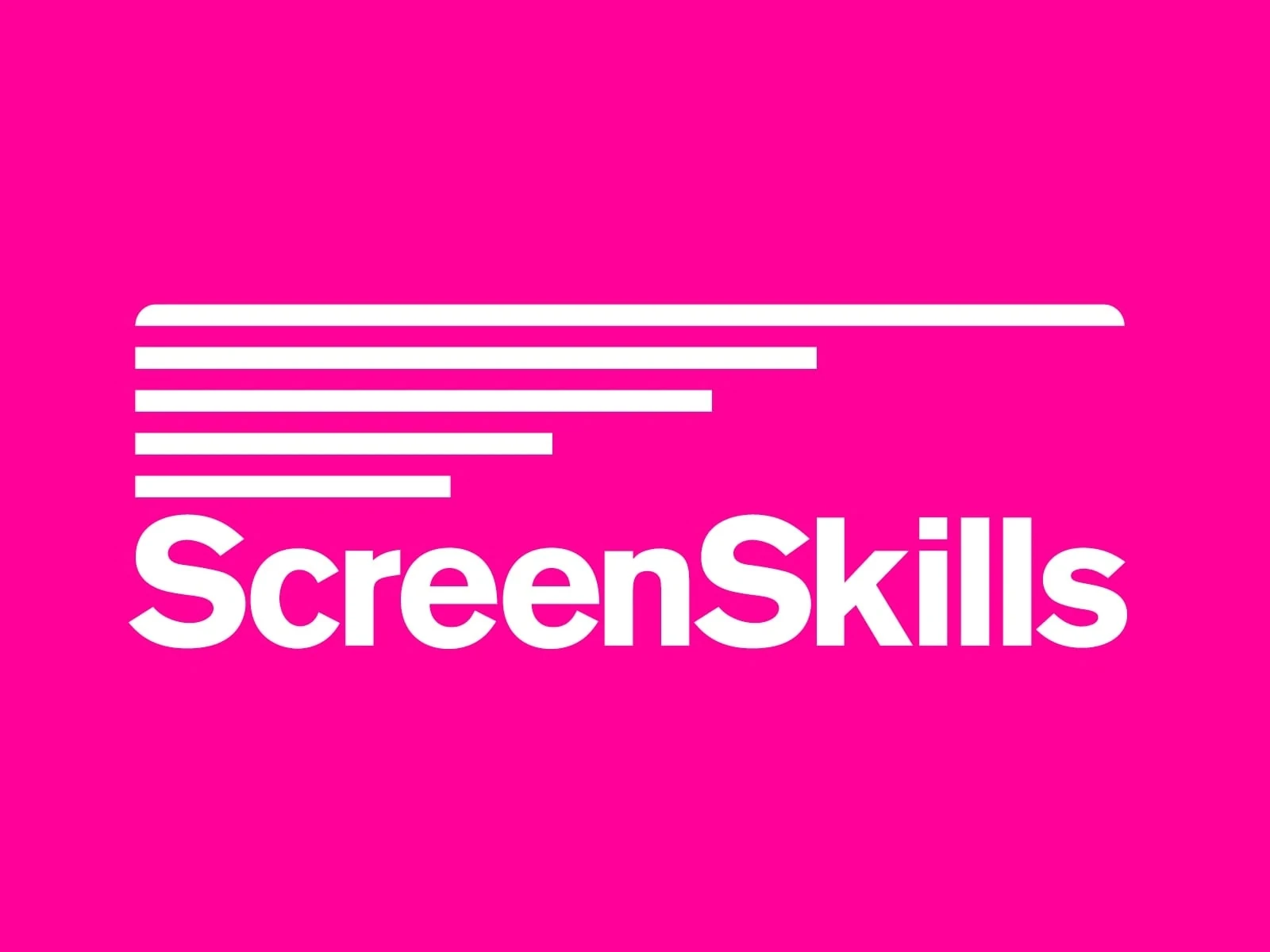
A new report published paints a “bleak picture” of accessibility in animation and highlights six recommendations to help the sector become a more accessible place for disabled talent to work.
Accessibility in Animation presents the findings of a survey of people working in animation conducted by ScreenSkills, in partnership with Manchester Animation Festival and the Visible in Visuals (ViV) network. It was commissioned by the ScreenSkills Animation Skills Council and supported by National Lottery funds awarded by the BFI as part of its Future Film Skills programme
More than 120 people working in animation responded, with disabled animators reporting more problems than their non-disabled colleagues. Findings include:
- The majority (56%) of the disabled people disagree that the animation sector is a good industry for disabled people to work in; 30% of the non-disabled respondents disagreed.
- 60% of the disabled respondents think that disability cannot be openly discussed within the sector. The same figure is lower (46%) for the non-disabled sample.
- More than half of the sample (54%) disagrees that recruitment processes in the sector encourage applications from disabled people. Disabled respondents are more likely to have stronger feelings on this, with just under half (43%) reporting that they strongly disagree compared with a quarter (27%) of the total sample.
- Nearly three-quarters (74%) of disabled respondents think that the sector discriminates against disabled people, this compares with just over half (52%) of the non-disabled respondents.
Respondents also feel that there is not enough training to educate staff on the topics of disability, accessibility and inclusion. The majority (72%) of the sample thinks that they are not provided with training on how to create an inclusive workplace for disabled people. Disabled participants have stronger feelings on this, with nearly half (47%) strongly disagreeing, compared with 36% of the non-disabled sample.
Looking at whether the workforce discloses disability to employers, the sample is split between 50% who tend to be open about it and 46% who choose not to disclose.
More than four-fifths (81%) of disabled respondents think that the most important actions to take are to develop accessible and flexible career pathways and support flexible working (including homeworking).
Disabled respondents also point to other actions that could be taken including the need for employers to uphold their legal responsibilities to facilitate reasonable adjustments and access needs, proactively inviting disabled staff to request it, and promoting inclusive recruitment practices (all scoring 62%).
The research, conducted by Dr Caterina Branzanti, ScreenSkills Head of Research, and Dr Jack Cortvriend, ScreenSkills Senior Researcher, highlights six actions to support the animation sector in becoming a more accessible sector for disabled people to work in. They are in summary:
1. Keep on monitoring and investigating disability.
2. Training, training, training: awareness of issues around accessibility and disability can be enabled by education and training. Therefore, training staff is vital to make sure processes are kept in check, particularly tailored training for key senior staff with line management responsibilities. Large organisations should lead by example. Industry should come together to create a community of practice where knowledge is shared and passed on to the benefit of smaller companies that operate under more stringent budget constraints.
3. Encourage, facilitate and support disability disclosure: this study fully acknowledges that disclosure is a complex and multifaceted step to take, involving fear of professional repercussions and concerns that it could be weaponised. However, disclosure is a necessary step to better understand and help disabled staff on a day-to-day basis.
4. Guidance on flexible and tailored career development pathways.
5. Reasonable adjustments are a legal responsibility and a moral imperative: The Equality Act 2010 imposes a duty to make reasonable adjustments to ensure disabled workers are not at a disadvantage. Flexible working, including working from home, is a form of reasonable adjustment, which was highlighted as one of the most significant changes employers should embrace.
6. Scrutinise working practices, starting from recruitment processes: recruitment is the first step towards improving disability representation. Industry should engage in a comprehensive review of recruitment practices and make sure staff involved in recruitment are trained on issues surrounding disability.
Responding to the research, Tom Box, chair of the ScreenSkills Animation Skills Council and Co-founder and managing director of Blue Zoo Animation Studio, said: “This survey and the insights derived from it are invaluable in the mission of making the UK animation industry more diverse and inclusive. These statistics highlight in black and white how much work there is to do.
“Many of the conclusions seem to stem from visibility of the matter, either from the workforce being uncomfortable with disclosing information, or employers not being aware the impact of their apparent lack of support or awareness.
“So I think one of the most constructive ways ScreenSkills can help is with training for management and around recruitment. It is too easy for studios to assume they are doing enough but these stark statistics show those assumptions are false. Training in management and recruitment is one step towards delivering inclusive working practices for disabled employees.”
Abigail Addison, ScreenSkills’ animation production liaison executive, said: “Having received and reviewed the report, ScreenSkills and its Animation Skills Council will work with the wider industry to create a forum for knowledge sharing and to devise appropriate training for senior management and recruiters, as well as opportunities for disabled talent, over the coming months. As an organisation we have recently audited our own policies and processes with the support of disability specialists thinkBIGGER! and welcome the opportunity to use our learnings to support others to reflect on their workplaces.”
Recent initiatives ScreenSkills has commissioned for disabled talent or to support productions to work with more disabled talent include:
- a handy PDF resource for recruiters written for ScreenSkills by experts thinkBIGGER!
- a series of free, online workshops around engaging disabled talent on productions
- a series of free, online workshops run by Signpost Productions on making a more inclusive work environment for deaf talent
- a new ScreenSkills e-learning module around inclusive hiring practices that all recruiters can take online.
The findings of the survey were first revealed at Manchester Animation Festival 2021 in the event In the Frame: Is Animation Accessible?, with panellists sharing their lived experience of working in the industry. ScreenSkills will next present Out of the Disability Closet: Celebrating talent in British animation at the British Animation Awards 2022, with speakers discussing disclosing access needs from both the employee and employer perspective.
Go to Accessibility in Animation to read the full research.

